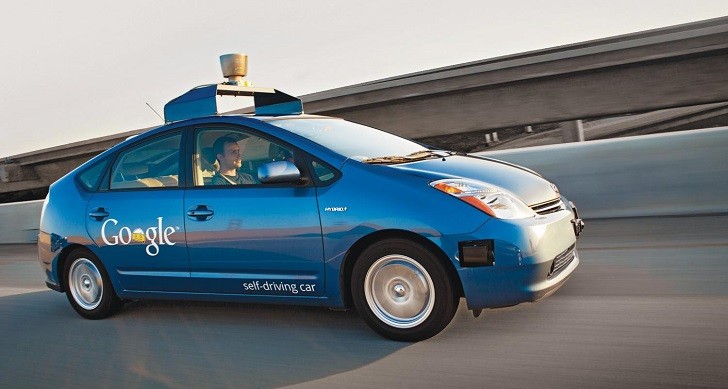Driverless cars have been the subject of some really heated discussions lately, especially as we’re getting closer to the first versions being released. However, things might not be as good as we thought initially.
A recent study carried out by researchers from the University of Michigan in Ann Arbor claims that autonomous cars could actually drink more fuel that the ones we currently have. The reason? More trips.
According to them, most households have more than one car that they use separately to run errands and commute to work and back again. These new cars would then be used to make more trips to achieve the same tasks and would in turn sip more fuel. Furthermore, the number of people that are sharing a conventional ride these days and are willing to switch to a self-driving one is unknown.
But wait, there’s more! According to their calculations, Americans could end up owning 43 percent less cars (from 2.1 to 1.2 per household) but in turn, they’d use those 75 percent more leading to more emissions and fuel consumption.
“It could be that sharing the vehicle ends up increasing the mileage because of all these connecting trips. The net effect is probably going to be an increase in mileage, and in general the more miles you drive the more fuel you burn,” Brandon Schoettle and Michael Sivak of the U-M Transportation Research Institute said.
Allow me to share some thoughts as well
First of all, most autonomous cars will be electric and will therefore drive fuel consumption even lower. That’s the case of most manufacturers interested in such automobiles but even if that ends up being a false presumption, the robotized versions will surely drive in the most efficient way all the time, therefore reducing fuel consumption even more.
Second, what keeps buyers from acquiring two or more cars per household? Initially, at the very least, these self-driving machines will probably have a similar or smaller price tag than conventional ones to penetrate the market. Therefore the need to use only one would be reduced.
Third, I don’t think that anyone will be frowning upon the idea of sharing an autonomous ride with his/her work colleagues or whatnots on their daily commutes. The main idea behind them is to remove the human error factor not allow us to take naps or play games while on the road. Sure, that’s going to be possible most likely at some point in the future, but it is not the most important element here.
In the end, it’s their main premise that’s faulty in the first place. They say that people will use the car as like an automated taxi that takes you to point A then returns to its starting point empty doesn’t make a lot of sense.
Say you program the car to take the kids to school and then you need to get to work. Why would you send the kids away alone and then have the empty car return to pick you up? That’s just wasteful. Of course, some people might use it like that but there will probably be safety protocols in order that will prevent cars from traveling without a human on board.
Even if that won’t be the case, only a small margin of people will use their self-driving car so wastefully while more grounded owners will be responsible.
